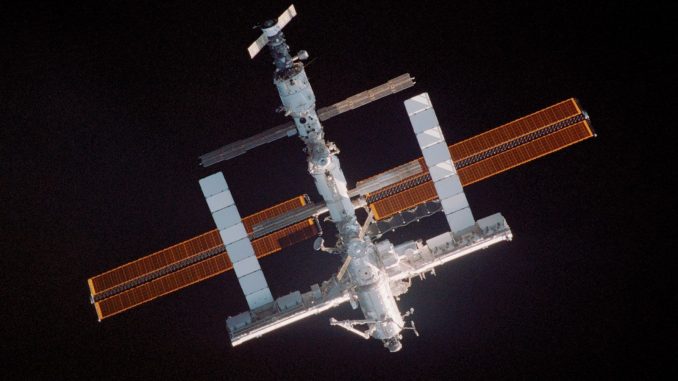
Introduction
Technology has been a driving force in human history, shaping societies, economies, and cultures. From the invention of the wheel to the rise of artificial intelligence, technological innovations have transformed the way we live, work, and interact with the world. This article explores the major milestones in the evolution of technology, highlighting key inventions and their impact on human civilization.
Early Innovations: Tools and the Wheel
The earliest technological innovations were tools made from stone, wood, and bone. These primitive tools enabled early humans to hunt, gather, and build shelters. The invention of the wheel around 3500 BCE marked a significant leap, revolutionizing transportation and trade. The wheel’s simplicity belied its profound impact, facilitating the movement of goods and people and laying the groundwork for future technological advancements.
The Agricultural Revolution
The Agricultural Revolution, which began around 10,000 BCE, was another pivotal moment in technological history. The development of farming tools and techniques allowed humans to cultivate crops and domesticate animals, leading to the establishment of permanent settlements and the rise of civilizations. Innovations such as the plow, irrigation systems, and crop rotation improved agricultural productivity and supported growing populations.
The Classical and Medieval Periods: Engineering and Mechanics
The classical and medieval periods saw remarkable advancements in engineering and mechanics. The ancient Greeks and Romans made significant contributions, including the construction of aqueducts, roads, and monumental architecture. Innovations such as the water wheel and mechanical clocks during the medieval period further demonstrated humanity’s ingenuity in harnessing natural forces and improving daily life.
The Renaissance and Scientific Revolution
The Renaissance and the Scientific Revolution were eras of profound intellectual and technological progress. The invention of the printing press by Johannes Gutenberg in the mid-15th century democratized knowledge and facilitated the spread of scientific ideas. Innovations in navigation, such as the compass and the astrolabe, enabled explorers to traverse the globe, leading to the Age of Discovery. The Scientific Revolution, characterized by advancements in mathematics, astronomy, physics, and biology, laid the foundations for modern science and technology.
The Industrial Revolution
The Industrial Revolution, beginning in the late 18th century, marked a seismic shift in technological development. The advent of steam power, mechanized manufacturing, and the factory system revolutionized production processes and economies. Key inventions, such as the steam engine, the spinning jenny, and the power loom, transformed industries from textiles to transportation. The Industrial Revolution not only increased productivity but also urbanized societies and altered social structures.
The 20th Century: Electrification and the Digital Age
The 20th century witnessed unprecedented technological advancements, fundamentally transforming human life. The widespread adoption of electricity powered homes, factories, and cities, enabling the development of countless new technologies. The invention of the telephone, radio, and television revolutionized communication and entertainment. The mid-20th century saw the advent of the computer, leading to the Digital Age. The development of the internet and personal computers in the latter part of the century connected the world in ways previously unimaginable, ushering in a new era of information and connectivity.
The 21st Century: The Rise of Artificial Intelligence and Biotechnology
In the 21st century, technology continues to evolve at an exponential pace. Artificial intelligence (AI), robotics, and biotechnology are at the forefront of current innovations. AI and machine learning are transforming industries, from healthcare to finance, by enabling machines to learn, adapt, and perform tasks traditionally requiring human intelligence. Advances in biotechnology, such as gene editing and personalized medicine, are revolutionizing healthcare and offering new possibilities for treating diseases. Additionally, the proliferation of smart devices and the Internet of Things (IoT) is creating interconnected systems that enhance efficiency and convenience in daily life.
Conclusion
The evolution of technology is a testament to human creativity and ingenuity. Each technological milestone has built upon the achievements of previous generations, driving progress and shaping the trajectory of human history. As we look to the future, it is clear that technology will continue to be a catalyst for change, offering new opportunities and challenges. Embracing innovation while addressing its ethical and societal implications will be crucial as we navigate the next chapter in the history of technology.